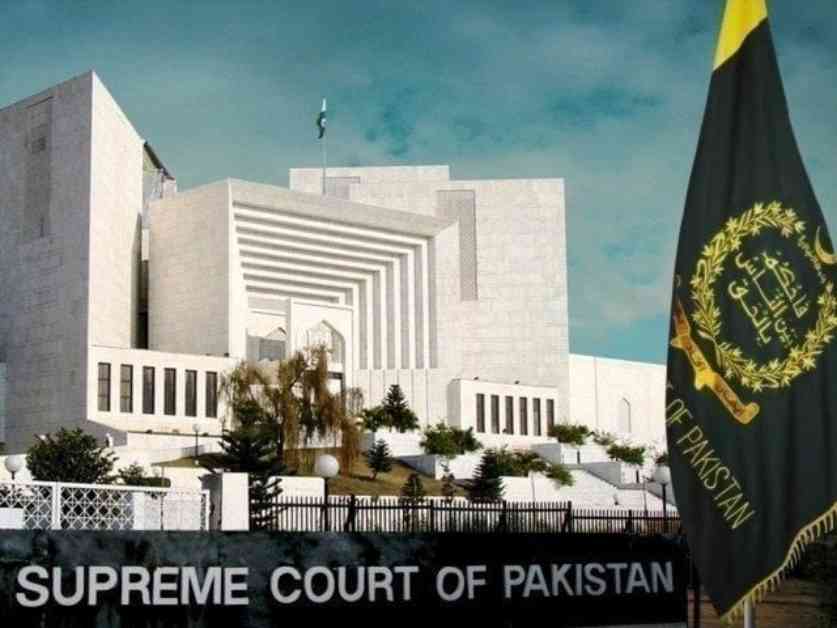Supreme Court Seeks Detailed Records of Military Trials of Civilians
In a landmark development, the Supreme Court of Pakistan has requested detailed records of military trials involving civilians, sparking a nationwide discussion on justice and due process. The seven-member constitutional bench, presided over by Justice Aminuddin Khan, delved into appeals challenging the validity of trials under the Army Act.
During the proceedings, Justice Hassan Rizvi underscored the importance of reviewing how evidence was assessed in these cases, emphasizing the fundamental tenet of natural justice that no individual should face punishment without a fair hearing. Representing the Ministry of Defence, senior lawyer Khawaja Haris defended the military courts’ adherence to due process and established procedures. He argued for constitutional amendments to explicitly include civilians within the purview of military trial provisions.
Expert Insights and Judicial Concerns
Justice Muhammad Ali Mazhar raised pertinent questions about the fairness of trials conducted in military courts, questioning whether they met the requisite standards of justice. Meanwhile, Justice Jamal Mandokhail expressed reservations regarding the adequacy of amendments to the Army Act in addressing criminal activities involving civilians. The apex court’s call for comprehensive data on all civilian cases tried under military law, excluding those associated with Indian national Kulbhushan Jadhav, underscores the gravity of the situation.
Mercy Petitions Granted in May 9 Riots Case
In a separate development, the Inter-Services Public Relations (ISPR) announced that mercy petitions filed by 19 individuals convicted in connection with the May 9 protests had been approved. This decision, made on humanitarian grounds, reflects the delicate balance between upholding the rule of law and showing compassion in the administration of justice.
The list of individuals granted clemency includes Muhammad Ayaz, Sami Ullah, Laeeq Ahmed, Amjad Ali, Yasir Nawaz, Said Alam, Zahid Khan, Muhammad Suleman, Hamza Sharif, Muhammad Salman, Asher Butt, Muhammad Waqas, Sufayan Idrees, Muneeb Ahmed, Muhammad Ahmed, Muhammad Nawaz, Muhammad Ali, Muhammad Bilawal, and Muhammad Ilyas.
This act of mercy serves as a testament to the strength of the legal system’s due process and fairness, ensuring that justice is served while also recognizing the principles of humanity and mercy. As the legal process continues for the remaining convicts, the decision to grant remission highlights the nuanced approach to balancing justice and compassion in our society.
By delving into the intricacies of military trials and the recent granting of clemency, the Supreme Court and the ISPR have brought to the forefront crucial issues of justice, fairness, and compassion that resonate across all sectors of society. As the legal landscape evolves, these developments underscore the importance of upholding the rule of law while also embracing the values of empathy and understanding in our pursuit of justice.









